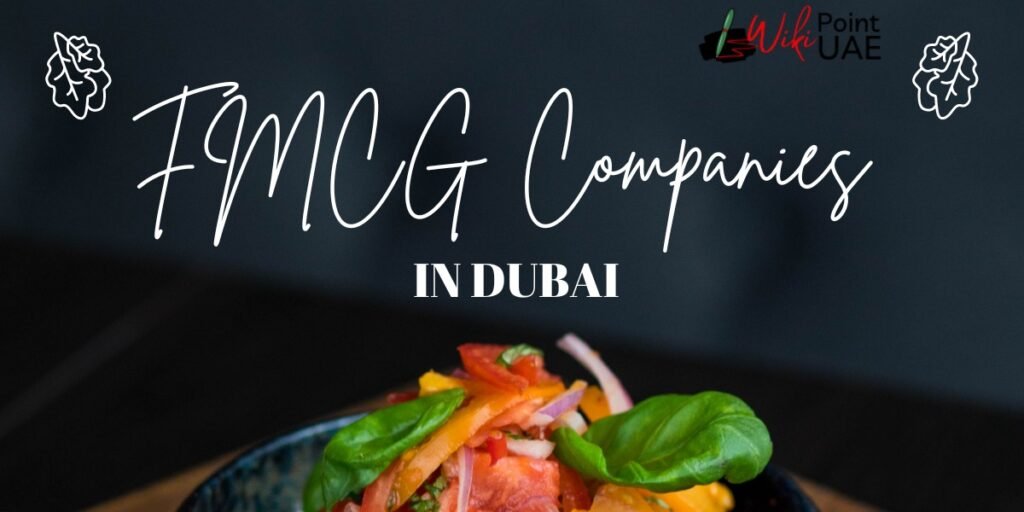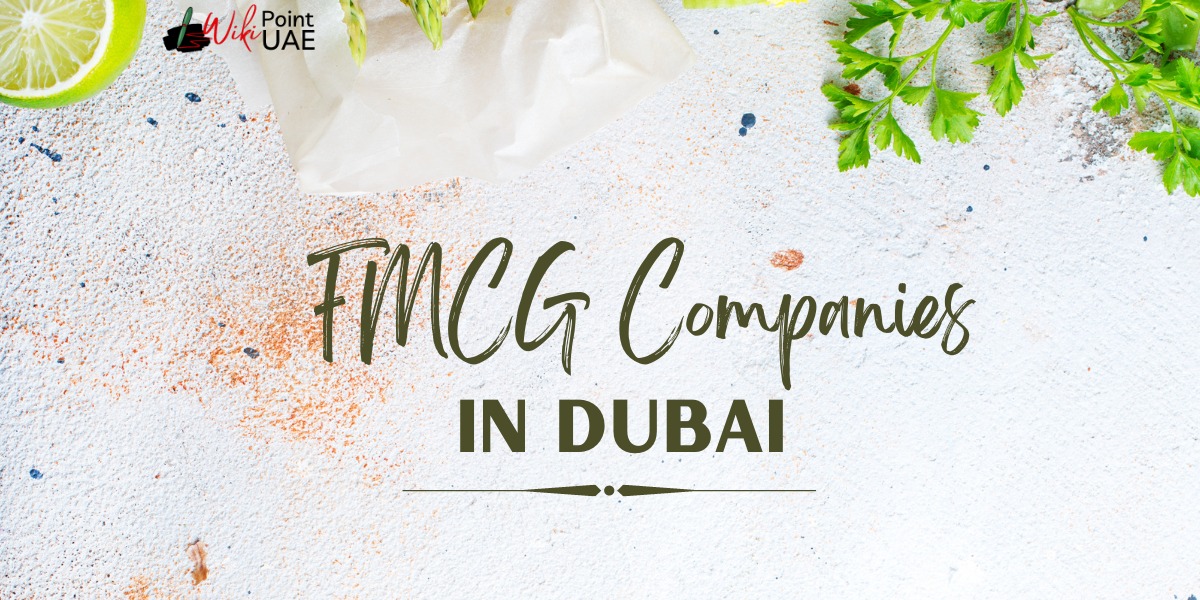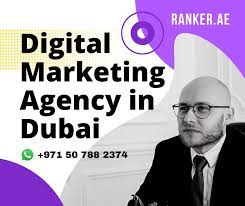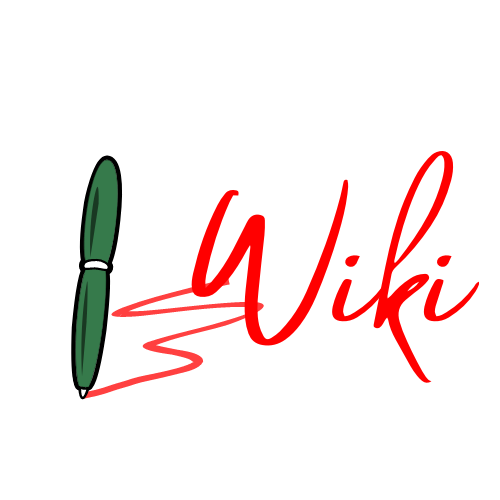Dubai is a melting pot of cultures and a hub for trade, making it an ideal location for FMCG companies to thrive. With its strategic location between Europe, Asia, and Africa, Dubai has become a gateway to the Middle East market. The city’s business-friendly policies and modern infrastructure have attracted many FMCG companies from around the world.
In this blog post, we’ll take you on a journey through the top FMCG companies in Dubai that are making waves in the industry with their innovative products and marketing strategies. So fasten your seatbelts as we explore some of the biggest names in the FMCG industry that call Dubai home!
List of FMCG companies in Dubai
The UAE’s FMCG sector is one of the most vibrant and diverse in the Middle East, with a wide range of local, regional, and international companies operating in the market.
Local companies such as Al Islami Foods, Emirates Refreshments, and National Food Products Company (NFPC) have established themselves as leading players in the UAE’s FMCG market, while regional giants like Saudi Arabia’s Almarai and Qatar’s Qatar Flour Mills are also major players. International companies such as Nestle, Procter & Gamble (P&G) and Unilever also have a strong presence in the UAE FMCG market.
With such a diverse range of companies operating in the UAE’s FMCG sector, there is a wide variety of products available for consumers. The most popular FMCG categories in the UAE include food and beverage, personal care, home care, and baby care products.
What is FMCG?
FMCG stands for Fast Moving Consumer Goods and refers to products that are sold quickly and at a relatively low cost. Common examples of FMCG products include food, beverages, toiletries, and cleaning products.
Fmcg companies typically operate on a mass production and marketing model, whereby they produce large quantities of goods at a low cost in order to maximize profits. In order to reach as many consumers as possible, FMCG companies heavily invest in advertising and promotion.
Dubai is home to a number of leading fmcg companies, such as Emirates National Group, Almarai, and Nestle Middle East. These companies have been able to successfully tap into the growing demand for FMCG products in the region.

Pros and Cons of Working in FMCG
The FMCG sector is one of the most competitive and demanding industries to work in. The hours are long, the target-driven culture can be tough, and the pressure to meet deadlines is constant. But it’s also an industry that’s full of opportunity, where you can learn new skills and progress your career quickly.
Here are some of the pros and cons of working in the FMCG sector:
Pros:
• There’s a lot of opportunity for career progression – if you’re willing to put in the hard work, you can move up the ladder quickly.
• You’ll never get bored – there’s always something new happening in the world of FMCG, whether it’s a new product launch or a change in consumer trends.
• You’ll learn a lot – working in FMCG will give you a crash course in everything from marketing to supply chain management.
Cons:
• The hours can be long and unsociable – many roles in FMCG involve early starts, late finishes, and working at weekends.
• It can be stressful – meeting deadlines and targets is part of the job, so you need to be able to handle pressure.
• It’s not always glamorous – contrary to popular belief, not all jobs in FMCG are about attending fancy events and schmoozing with celebrities.
The FMCG market in Dubai
The FMCG market in Dubai is one of the most vibrant and rapidly growing markets in the world. The city is home to some of the largest and most well-known FMCG companies in the world, such as Unilever, Procter & Gamble, Nestle, and Coca-Cola.
The FMCG market in Dubai is driven by a number of factors, including the city’s rapidly growing population, its high levels of disposable income, and its status as a major tourist destination.
According to a report by Euromonitor International, the FMCG market in Dubai was valued at AED 27.6 billion in 2016 and is expected to grow to AED 36.4 billion by 2021. This represents a CAGR of 5.9%.
The report also found that the beauty and personal care category was the largest contributor to the FMCG market in Dubai in 2016, accounting for 34% of total sales. This was followed by food and beverages (30%), household care (19%), and other categories such as health and wellness (17%). More Post Visit
How to break into the FMCG industry
The FMCG industry is one of the most lucrative industries in the world. However, it can be difficult to break into this industry if you don’t have the right connections or know-how. If you’re looking to break into the FMCG industry, here are a few tips to help you get started:
- Do your research. The first step to breaking into any industry is to do your research and learn as much as you can about the industry. When it comes to the FMCG industry, there are a few key things you should know about, such as the different types of companies within this industry and the products they produce.
- Get experience. One of the best ways to break into any industry is to get experience working in that field. If you can find a way to get some experience working in an FMCG company, whether it’s through an internship or entry-level job, it will give you a major leg up when applying for jobs in this field.
- Build your network. Another important tip for breaking into the FMCG industry is to build up your professional network. Connect with people who work in this industry and attend events and conferences related to the FMCG sector. This will not only help you learn more about this field but also give you some valuable contacts that could help you land a job in this competitive industry.










